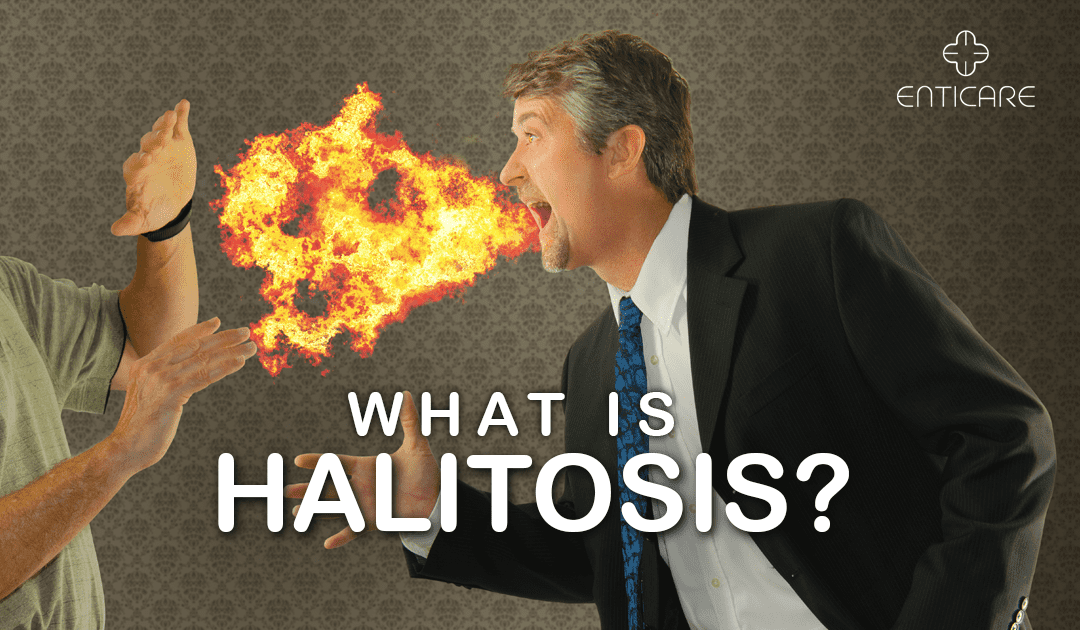Halitosis, also known as bad breath, stems from various factors, ranging from poor dental hygiene to lifestyle choices. Understanding the root causes is essential for effective treatment. Some primary contributors include:
Causes: Unveiling the Culprits
Halitosis can be caused by a variety of factors, including poor dental hygiene, dry mouth, smoking, certain medical conditions, and certain foods. The bacteria then produce sulfur compounds, which give off an unpleasant odor. Some of the most common causes of halitosis include:
- Poor Dental Hygiene: The leading cause, inadequate dental hygiene allows food particles to decompose, emitting an unpleasant odor.
- Dry Mouth (Xerostomia): Insufficient saliva, crucial for neutralizing bacterial acid, can lead to bacterial growth and bad breath.
- Smoking: Tobacco smoke chemicals adhere to teeth and tongue, generating a persistent and challenging-to-remove odor.
- Medical Conditions: Gum disease, respiratory infections, and digestive issues can contribute. Gum disease and infections lead to bacterial growth, while digestive problems release gases causing bad breath.
- Food and Beverages: Certain foods like garlic and onions, along with beverages like coffee and alcohol, can contribute to bad breath.
- Tongue Coating and Bad Taste: A white or yellow tongue coating and a bad taste signify bacterial buildup, indicating bad breath.
Effective Treatment Options for Halitosis
To combat this, a multi-faceted approach is crucial. Tailor your strategy based on the underlying cause:
- Good Dental Hygiene: Brushing twice daily, daily flossing, and using mouthwash help eliminate bacteria, reducing the risk of bad breath.
- Gum Disease Treatment: If gum disease is identified, treatments like scaling, root planing, antibiotics, or surgery may be necessary.
- Saliva Substitutes: Combat dry mouth with saliva substitutes, boosting saliva production to alleviate bad breath.
- Dietary Changes: Modify your diet to exclude known halitosis-inducing foods and beverages.
- Medical Intervention: If a medical condition triggers bad breath, seek treatment specific to that condition, whether medication or other interventions.
- Smoking Cessation: Quitting smoking is crucial for overcoming halitosis caused by tobacco use.
Halitosis is a common condition with diverse causes. While oral hygiene is pivotal, lifestyle adjustments and targeted treatments are equally important. If you’re grappling with halitosis, consult our experts at Enticare for personalized solutions. Call us at 480-214-9000 to embark on a journey towards fresher breath and enhanced confidence.

